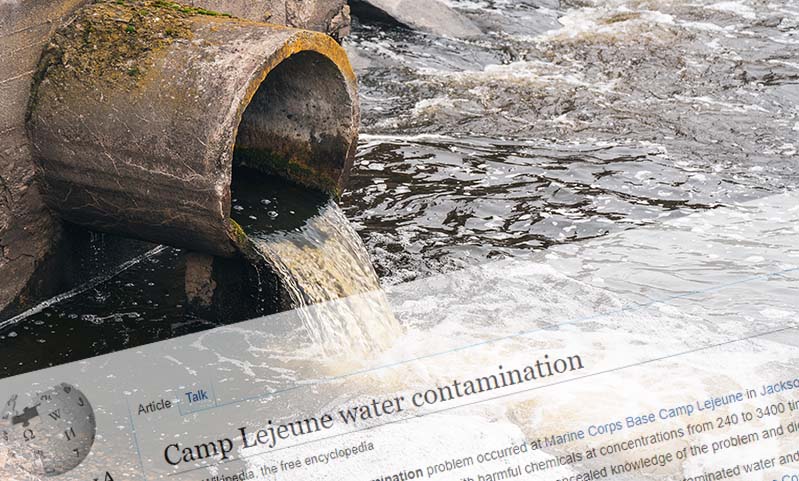The popular but also controversial weed killer, Roundup, has been often linked to the symptoms and development of non-Hodgkin’s Lymphoma and related cancers. This herbicide that is manufactured by Monsanto and owned by parent company Bayer AG has been the source of over 18,000 lawsuits due to its toxic nature, as it contains glyphosate as well as other inert ingredients that can damage human cells.
If you have suffered symptoms or illness as a result of exposure to Roundup, you may be able to take legal action. However, due to historical pushback from Monsanto and Bayer AG on these cases, the evidence of usage and exposure to Roundup will be crucial.
Who is Eligible to File a Claim?
Before proving you used Roundup for your litigation case, you will want to determine if you are eligible for a claim, whether it is a failure to warn, defective design, or a negligent manufacturing claim. Your Roundup attorney can see if you meet the initial criteria, and they can assist you through the process as well as explain important legal information, such as the statute of limitations according to your state.
The most common occupations that use or are often exposed to Roundup are landscapers, farm workers, landlords who own large properties, nursery and garden workers, and other jobs that may qualify depending on the circumstances.
How to Prove You Used Roundup
Gather all receipts
If you used Roundup for your own business, make sure to collect all receipts showing the purchase of the product. Also, if you work at a job that normally buys Roundup (i.e. lawn care work, golf course maintenance, or agriculture), see if you can collect those documents as well.
Collect any partially used containers of Roundup
Roundup lawsuits have been often filed as product liability cases where they were defective and did not perform as safely. Therefore, having a used container on hand will be helpful to your case.
Get a copy of your medical records
You will want to show evidence of your diagnosis or symptoms of non-Hodgkin’s Lymphoma or other related illnesses. These records should also show that you’ve been exposed to a glyphosate-based herbicide over a long period. Additionally, you will also want a copy of the prognosis, treatment plans, and results.
Document your history of using the product
This can include the last time you used Roundup, photos of the product in your possession, or witness testimonials. In your timeline, you can also pinpoint the moment you connected the use of Roundup to your illness, as well as when you first started experiencing symptoms.
Show proof of employment
The main objective will be to prove you worked in an environment where herbicide exposure was common. For this, you can show all invoices of your landscaping work or pay stubs from your employer.
Show proof of negligence or failure to warn
In a failure to warn claim or strict liability claim, you can present written evidence that Monsanto did not warn the consumers of a potential health risk, whether directly or through marketing and advertising. Your Roundup attorney can also pursue any fraudulent claims, misrepresentation of the product, or breach of warranties.
Gather evidence that Monsanto or Bayer AG knew of the health risks
You should provide evidence that Monsanto ignored these risks and that their researchers have validated the use of glyphosate in Roundup without regulation. This is also part of the process that your attorney can help with.
Consult With An Experienced Attorney
In 2015, the World Health Organization declared glyphosate a probable carcinogen, as it can suffocate human cells, cause DNA damage, and other health defects. These findings are useful in your case, but the proof of exposure and usage of Roundup will be the determining factor of success. This could mean compensation for damages and future medical costs.
At Serling & Abramson, P.C., we can assist you with gathering evidence and pursuing the litigation from start to finish. Your health and peace of mind are important to us.
Please fill out our free Roundup case evaluation to get the process started.




